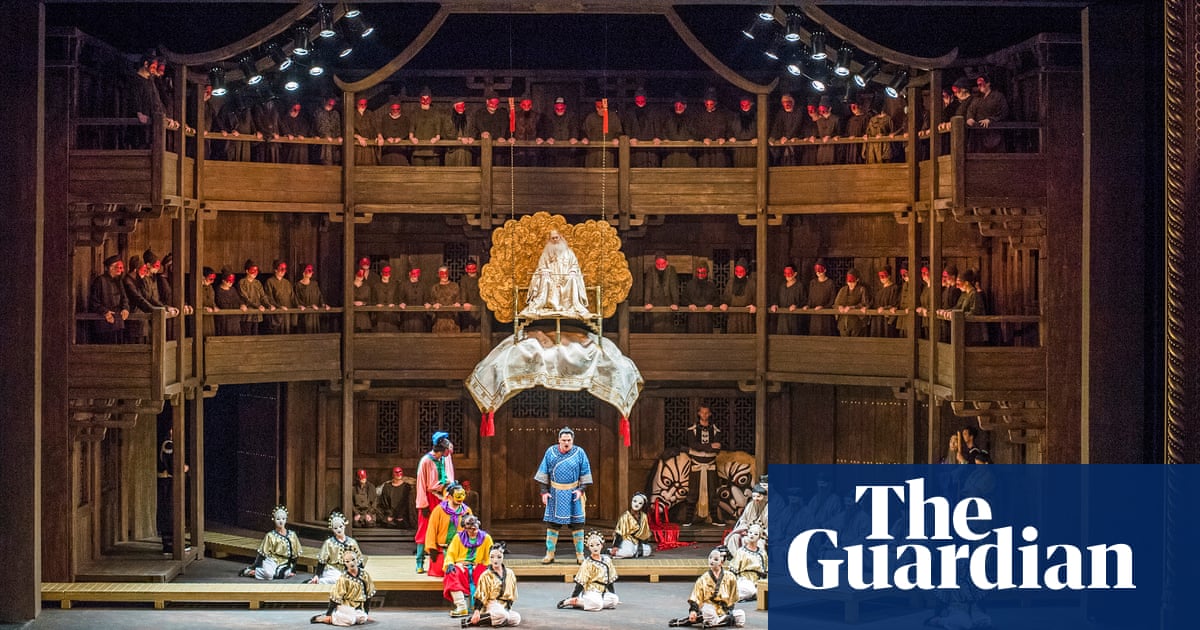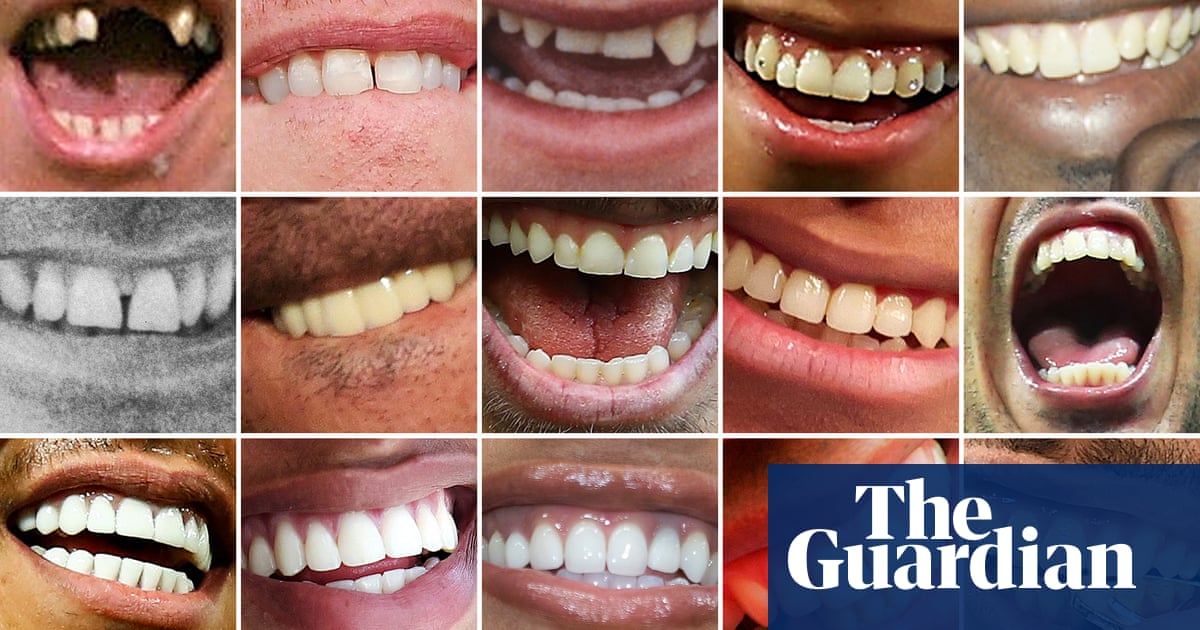
Tottenhams Champions League hero on growing up in Brazil, the worst night of his career and turning down Manchester United
Lucas Moura was eight years old or maybe he was nine – he cannot remember exactly. But every other detail remains seared on to his consciousness. This is the kind of story that stays with its witnesses.
The Tottenham winger was out on the streets of Jardim Miriam – the unforgiving São Paulo neighborhood in which he grew up – and he was enjoying a kick-around with his friends, as he would always do. But then a van pulled up and, rather abruptly, Lucas could feel only the hammer of his heart and the urge to be very far away.
“I saw a guy arrive and put a gun to the driver’s head,” Lucas says. “Thank God he didn’t shoot. He only stole from him. The driver was delivering something – food, I think – and the guy stole everything. When I saw this, I ran.”
Lucas sighs when he reflects on how Jardim Miriam was blighted by gangs, guns, and drugs. He had friends who would choose the criminal life and some are in prison. Others are dead. “It’s the reality in Brazil,” the 26-year-old says. “If you ask almost every Brazilian player, they have some sad history to say. The area that I grew up in was really dangerous and I saw a lot of bad things.”
Yet the horrors, particularly the armed robbery, hardened Lucas’s conviction about his chosen path. Becoming a professional footballer would offer a better life. “I said to myself that day, I don’t want to be like this in my life, I don’t want to give this future to my family. I want to be a good example for my family, for my friends and for my area. I want my family and my friends to be proud of me.”
Lucas’s journey to the Champions League final with Liverpool on Saturday has featured its setbacks but it has been undercut by a ferocious determination that can seem at odds with his polite and ego‑free personality.
At junior school, he was the smallest and skinniest, the last to be picked, but he did not care. He believed in his qualities and they resulted in him being taken into the São Paulo youth setup at 13 – a move that necessitated leaving home.
Lucas left Brazil altogether at 20, bound for Paris Saint-Germain, a wonderkid with a £40m price‑tag and, initially, it was tough, as homesickness gripped. He got through it. And when he endured a terrible season last time out, having been bombed by Unai Emery at PSG and then struggled after his £25m January switch to Spurs, he kept the faith.
Lucas can tell a few tales of Champions League heartbreak. He was a part of the PSG team that fell to late goals in the quarter-finals of 2013 and 2014 against Barcelona and Chelsea respectively but they were nothing compared with the last-16 disaster of 2017, when they conceded three times after the 88th minute in Barcelona to lose 6-1 on the night and 6-5 on aggregate. Lucas had been substituted in the 55th minute. Helpless onlooker did not begin to cover it.
The lows have gilded this season’s highs, one being the late equalizer Lucas scored in Barcelona to edge Spurs into the last 16. That was cathartic. He also played in the memorable quarter-final victory over Manchester City. Yet everything pales when set alongside what happened at Ajax in the second leg of the semi-final.
Every Spurs fan can see Lucas’s 96th-minute hat-trick goal in their mind’s eye. The high ball forward from Moussa Sissoko; the flick from Fernando Llorente; the slip by Lisandro Magallán and the weighted pass into space by Dele Alli. Lucas is on the move, then he is sprinting and, as his stars align, he is whipping that low left-foot shot into the far corner.
Only four other players have scored Champions League semi-final hat-tricks – Alessandro Del Piero, Ivica Olic, Robert Lewandowski and Cristiano Ronaldo (twice) – and none of their efforts were embossed by such late drama. Spurs looked dead and buried at 3-0 down on aggregate at half-time in Amsterdam only for Lucas to summon a 3-3 finish and an away-goals triumph. He would break down in tears when shown a replay of the Brazilian TV coverage of his third goal.
“When I saw the video and heard the commentator, it was impossible to keep my emotions in,” Lucas says. “I remembered the 6-1 Barcelona game and the struggles I have had in my life. It has been my dream to play in the Champions League final and to win one and now I have the opportunity. The dream is real – that’s why I became emotional.
“I can now say I know the two sides. The Barcelona game was the worst feeling of my football life. When I got home, I cried all night. I said that I never wanted to feel like that again and so I worked harder to have another feeling and against City and then Ajax it came. The Ajax game was the best feeling of my football life. Moments like Barcelona must motivate you.
“It is impossible to describe the feeling when my hat-trick goal went in but I believed until the last seconds that we could do something. The coach always says we have to be mentally strong and fight to the end.”
Lucas draws his strength from a higher power and he has come to be defined by his Christianity. He did not embrace the Bible in Brazil but everything changed when he moved to Paris.
“I had difficult moments, I was injured and I missed my family and my country a lot,” Lucas says. “I started to be interested to know God better, I started to read the Bible and I quickly changed my mind about this. It gave structure to my life in Paris. My life with God today is my purity, my guide, because when you are sure God is with you – even in the bad moments, with bad things and bad people – it gives you focus. If I am strong today, if I believe in football, in victory, in every championship, it’s because I believe in God.”
The end of Lucas’s time at PSG was signaled, ironically, by the arrival of his close friend Neymar – together with that of Kylian Mbappé – in 2017. “What I most admire about Neymar is his personality,” Lucas says. “Even if everyone is saying bad things about him, he doesn’t care. He has so much personality to play, to do his skills. That’s why he’s Neymar, that’s why he’s a great player, because even in the bad moments, he does things that a lot of players cannot do.”
Emery could no longer accommodate Lucas – he used him for just 80 minutes in the first half of last season – and a transfer became inevitable. Manchester United, who had been close to getting him when he left São Paulo, made an offer to take him on loan but Lucas wanted greater certainty. He felt that Mauricio Pochettino and Spurs would provide it.
“There was a conversation with United but it was for a loan and I didn’t want a loan,” Lucas says. “I thought that if I left PSG, I didn’t want to go back. When I came to Tottenham, and I saw the training ground and met the coach, I said that I wanted to come here.”
Lucas started only two Premier League games last season and his one goal came at Rochdale in the FA Cup. “It was so cold that day,” Lucas says, with a smile. “In France, it’s cold but here it’s colder, for sure. For a Brazilian guy, it’s even more difficult.”
Lucas has found it easier this season. One measure of his adaptation is his excellent English and another is the 15 goals he has scored. After the hat-trick against Ajax, he put on 400,000 Instagram followers in two or three days – “Crazy,” he says – although the performance of his career has pressed him into a jam, of sorts.
“I need 40 tickets for the final as I want to bring all my family, friends and the people who have been important to my career and I have only 24,” Lucas says. “I’ve texted Alisson and Fabinho at Liverpool to ask for tickets because they have the same allocations as us but they couldn’t help. Can you help me?”
Errr. There is one. But it’s kind of taken. Lucas has long made it his business to help himself.(The Guardian)












